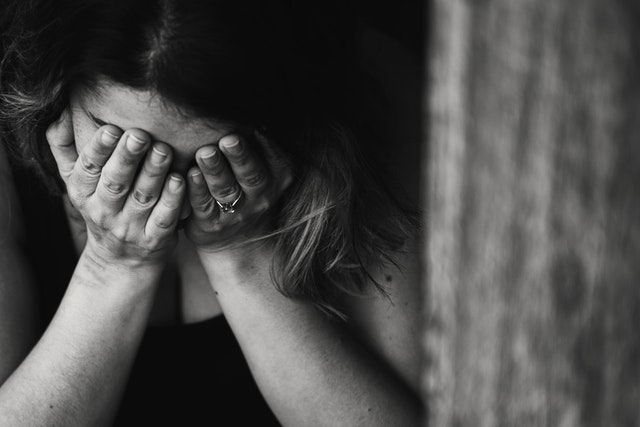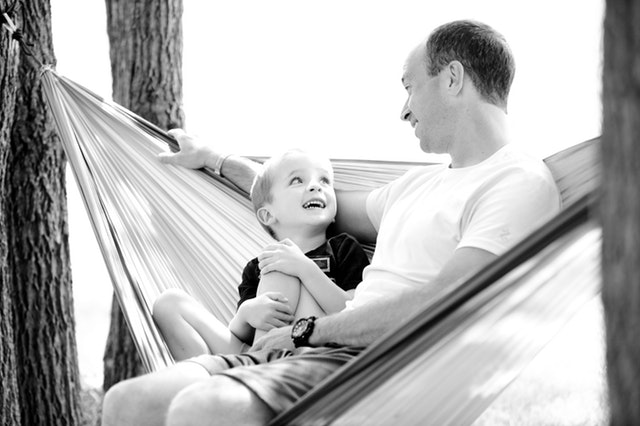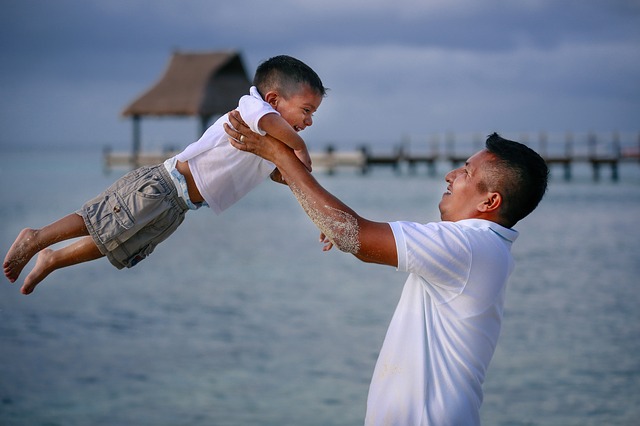
How To Prevent Child Sexual Abuse
Child sexual abuse has become one of the most widely reported crimes today. It is an extremely sensitive matter that every parent must discuss with their child. Parental attitudes range from believing that their child is too young to be exposed to such information to denying the possibility of its occurrence in their child’s life. Thus, it is important to discuss about How To Prevent Child Sexual Abuse. Going against an age old belief, it is equally important to educate both boys and girls! Some may feel that educating the child will result in an unnecessary amount of fear or worry in the child. However, educating the child about sexual abuse is like a fire drill, we can hope to never needing to use it but in the event of an incident, a prepared child will be able to survive it much better than one who is unaware!Conversations about sex education and sexual abuse must be dealt with utmost sensitivity. The child’s perceptions and understanding of the topic rely heavily on how it is communicated. While each parent has a unique and special rapport with their child and may choose to speak with them differently, this post enlists a few key points to help you organise information and start the conversation!
Naming Body Parts
It is important for children to know the correct names of their body parts. They shouldn’t be taught slang names for their private parts. After all, these are parts of our body and we mustn’t be ashamed of naming them! Educating children about why certain parts of our body are ‘private’ and who and under what circumstances is allowed to see or touch these parts must start in the pre-primary years. It will also help a child to report abuse accurately if he/she is able to correctly name their body parts.Avoid the conventional ‘Good touch Bad touch’ definition

The meaning of the words good and bad may be confusing for the child. Children tend to associate ‘bad’ with ‘painful’. Many types of sexual contact may not necessarily be painful. Instead use words like ‘OK and NOT OK’ or ‘Appropriate and Inappropriate’ and help your child differentiate using examples. It’s important to keep in mind that children’s comfort levels vary and what is OK for one may not be for another (keep this in mind when talking to siblings)
No Secrets
It is extremely important that your child must report to you if he/she has been asked to keep anything a secret by an adult (this may be a family member, a friend, an acquaintance or a stranger). They must also understand that it is okay to say NO to anything that makes them uncomfortable. This is a very crucial step on How To Prevent Child Sexual Abuse.Reporting Discomfort
Let your child know that they must report the slightest incident of discomfort that they may experience. It is important as working parents to trust these reports and investigate! Be watchful for any kind of unusual interest in your child from an acquaintance. Always trust your instinct!Honesty, Trust and Communication
For your child to be able to confide in you, it is essential that you respond to all his/ her questions honestly (in an age appropriate manner). This practice helps the child trust you and opens doors to communication. Telling them what to watch out forCommon lures such as gifts, sweets, bribes etc. even from family members should be monitored. It is important for children to know and recognise the feeling of discomfort. They must be taught to be cautious while offering help to strangers, opening the door to sales people etc.
Different forms of sexual abuse
Sexual abuse is not just a physical act. It could take place verbally, or over social media or in any other form which forces an individual to participate in unwanted sexual contact or attention. This is a very crucial step on How To Prevent Child Sexual Abuse.Being aware of intention
Children must know that whilst most people are good and do not harm children, there are a few who may not fit this description. This does not mean that they are strangers and it is important for a child to have this information.Adolescence
Starting conversation early makes the transition into adolescence easier! The child is comfortable with his/her own body, is aware of the support and safety that the parents provide and is able to make healthy choices. He/ she is also able to effectively communicate instances of discomfort with the parents more openly (this may seem contrary to popular belief!). By this time the child should receive accurate and scientific formal sex education. This is a very crucial step on How To Prevent Child Sexual Abuse.Precautions for parents:

- Be alert when the child reports abuse (this may not always come in direct words but can be seen in the child’s behaviour).
- Being aware if anyone seems very interested in your child and wants to spend time alone with them. Rely on your instincts.
- Carefully check credentials of all extra-curricular pursuits and accompany your child to new environments.
- Feel free to question or ask for an explanation if you think something is amiss.
- With older children, it’s important to strike a balance between giving space and being involved.
- Don’t be ashamed of sharing factual information with your child
- Never leave a question unanswered. If you are unsure of how much to reveal, ask for time and get back to them.
- Refrain from lying. It’s important for the child to receive the right information the very first time. This facilitates building trust.
- The feeling of safety and belongingness can only come from the parents!
Sexual abuse is termed as a silent problem. Children are often either afraid to tell, have been threatened by the abuser to not tell or are too ashamed or young to put into words and talk about what happened. They may also be experiencing a wide range of emotions that may be confusing for them. By opening the doors to communicating with them, you are empowering them to take a stand! It’s never too late to start a conversation that matters!
Author: Ms. Sowmya Warrier & Ms. Kruti Shah
School Counsellors, JBCN International School, Parel
References: The Complete Book of Sex Education by Dr. Rajan Bhonsale &Dr. Minnu Bhonsale (Jaico Publications)





